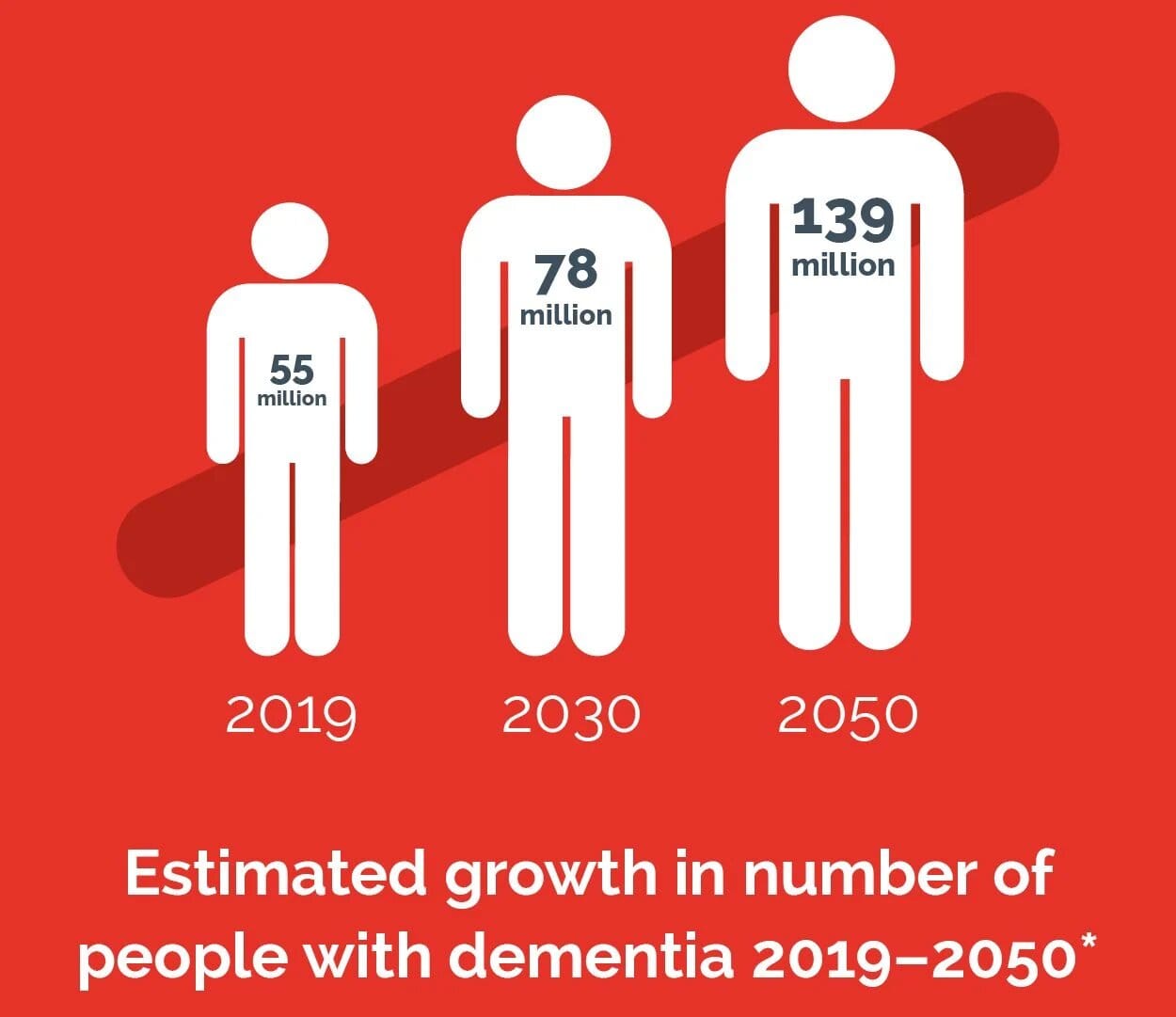By 2050, the percentage of Indigenous people with dementia will rise by 273%
Among Indigenous populations in Canada, the anticipated rise is even higher, estimated at 273%.

September is World Alzheimer’s Month, and many Montrealers and Canadians are familiar with someone affected by the disease.
According to the Alzheimer’s Society of Canada, the number of people living with dementia is projected to increase by 187% by 2050.
Among Indigenous populations in Canada, the anticipated rise is even higher, estimated at 273%.
A report published earlier this year indicates that while the 187% increase applies to the general Canadian population, the 273% rise pertains specifically to the 10,800 individuals of Indigenous ancestry living with dementia.
This sharp increase highlights the need for enhanced education on risk factors and strategies to improve the quality of life for elders.
Certified Dementia Care Consultant Claire Webster emphasizes the importance of education: “We really, really have to empower people with as much education, not only about the disease, but once again, to understand the resources that are available in the community.”

Claire Webster, an educator specializing in dementia care and collaborating with McGill University's Faculty of Medicine and Health Sciences and the Division of Geriatric Medicine, has been working with the Cree Board of Health and Social Services since July 2023.
The McGill University Dementia Education Program aims to provide training on dementia.
Webster recently traveled to the Cree Nations of Chisasibi and Wemindji in northern Quebec to educate these communities about dementia risk factors, distributing nearly 200 booklets to raise awareness.
“It was very, very important for them to understand the illness,” Webster said.
“It was the first time that they were ever being provided with an opportunity to understand, why is my elder behaving the way they are?”
In smaller, close-knit communities with multi-generational families, understanding dementia is crucial, Webster added.
The report highlights a persistent lack of information on dementia, with links to diabetes, cardiovascular disease, childhood trauma, and physical inactivity as risk factors.
Robert Bonspiel, from the Kanien’kehá
(Mohawk) territory of Kanesatake and President of the First Nations Paramedics (FNP) Services, expressed concern about the growing prevalence of dementia in his community, noting that it is not discussed as much as it should be.
“It doesn’t surprise me, but it does worry me,” Bonspiel said. He believes that without a cohesive approach to education within communities, the situation will worsen.

Bonspiel recalls that while there was always an understanding of elders' changing behavior, the term "dementia" was not used when he was younger.
As a first responder, he now frequently encounters elders in distress due to Alzheimer’s or dementia.
He emphasizes the need for early recognition and assistance.
Webster encourages seeking medical assessment and emphasizes that a diagnosis of dementia does not mean life is over.
She advocates for staying engaged in leisure and recreational activities to maintain a high quality of life.

“There are all kinds of things that you can do to really try to live your best life,” Webster said.





